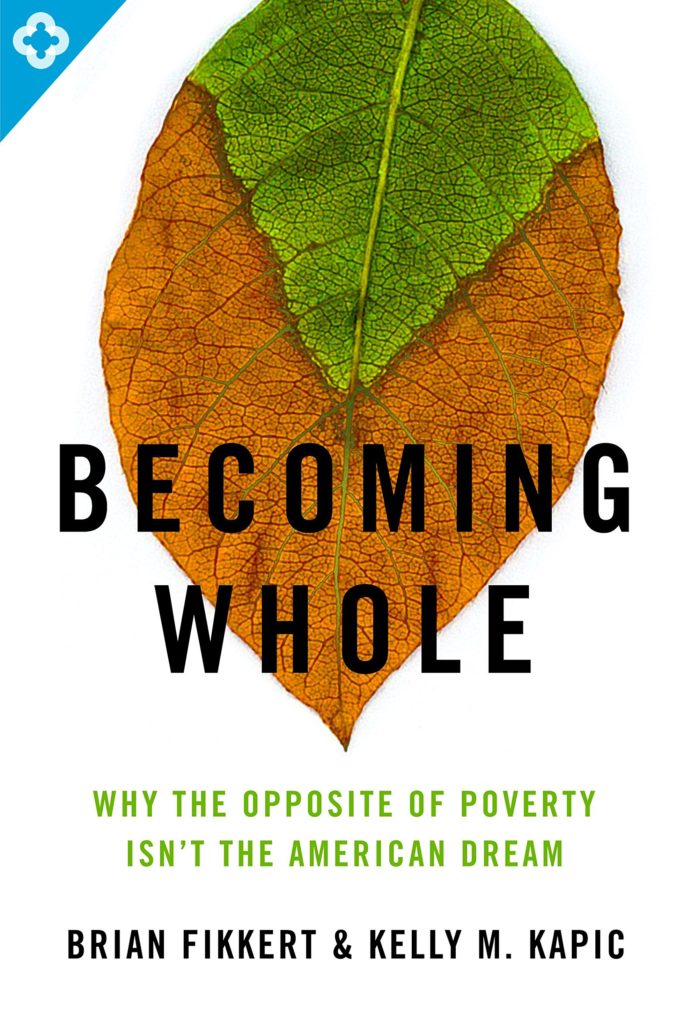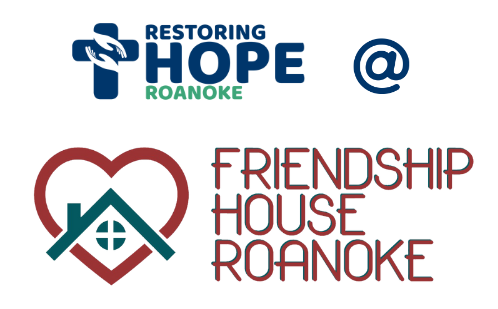Becoming Whole
by Brian Fikkert and Kelly M. Kapic

Becoming Whole challenges our presuppositions about what poverty is by looking at the whole story of the world through the lens of the Bible. A key part of this book is a discussion of stories of change, or how different people believe that change comes about in their lives and circumstances. Many middle-class Americans, for example, believe that change comes from “pulling yourself up by your bootstraps,” while lower-income individuals might believe that change is out of their reach entirely, and people in other cultures might believe that change comes from appeasing the spirits.
By looking at the roots of these stories of change, we can begin to understand the worldviews of those traditionally considered the “helpers” and “recipients of help” and why there is often a clash. Ultimately, we see that we are all broken people, in need of the help that only Jesus Christ can give as we are transformed into His image, and that we are called to walk with our brothers and sisters in pursuing that change.
This book uncovers two major viewpoints on poverty alleviation that are often unknowingly taken up by people in the West. The first, Western Naturalism, doubts the existence or relevance of God to the working of the universe. People are purely individualistic physical beings, and find happiness in consuming material things, ignoring the four key relationships with God, self, others, and the rest of creation that are key to our lives as people created in the image of God.
The second viewpoint, Evangelical Gnosticism, separates each person’s need for a Savior from their economic needs. It is a sort of fusion of Western Naturalism and Christianity, but, sadly, loses the fullness of the Gospel. In a way, this is similar to a common separation of Sunday from the rest of the week, in which Sunday is set apart for “being a Christian,” and the rest of the week is for living your life in the way you choose to live.
When poverty alleviation programs separate becoming a Christian and saving your soul for when you die from the way you live your life every day, the transformation of the Gospel in the entire person is lost. It is only in recognizing that Christ’s change in our hearts deeply impacts how we live each moment and make each decision that we start to recognize God’s story of change for us, and we can walk alongside others in pursuing change together.
Becoming Whole integrates theology, economic principles, and sociology in considering the theory behind how people and organizations pursue and promote change in the lives of the poor. Its companion book, A Field Guide to Becoming Whole, expands on these concepts and applies them to ministry design principles which are easily applicable in real-life situations. Stay tuned for a review of this book in the coming weeks!
